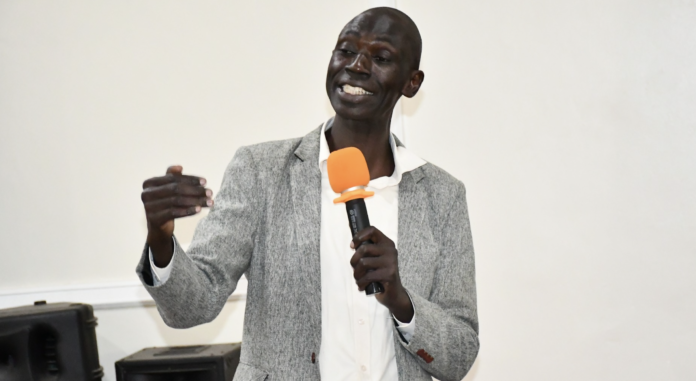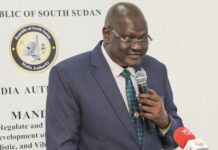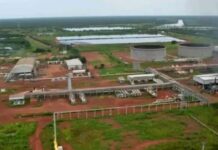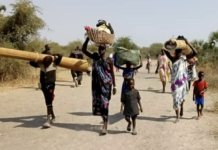Prominent civil society leader Edmund Yakani has warned that putting Dr. Riek Machar, the suspended First Vice President, on trial could intensify international pressure on South Sudan to establish the long-delayed Hybrid Court, as outlined in Chapter V of the 2018 Revitalized Peace Agreement.
Yakani, the Executive Director of the Community Empowerment for Progress Organization (CEPO), said the trial risks opening the door to broader calls for accountability over alleged war crimes and crimes against humanity committed during the country’s years of conflict.
“This case is political by nature and requires a political solution, not legal proceedings,” Yakani stated.
“The atrocities committed during the conflict were driven by political decisions. If the Hybrid Court is established, everyone whether directly or indirectly involved will have to answer before a competent court of law, not a politically driven tribunal.”
Yakani described the current trial as a “kangaroo court” that may serve political interests rather than justice and cautioned that selective accountability could set a dangerous precedent.
Instead of legal proceedings, he urged South Sudan’s political leaders to prioritize inclusive dialogue aimed at creating a peaceful environment ahead of the country’s planned elections.
“We’ve already met with the SPLM Secretariat, and we plan to engage with SSOA, SPLM-IO, FDs, and other political actors, including those who are not signatories to the 2018 peace deal,” he said. “It is time for a homegrown political dialogue that gives our citizens the opportunity to freely choose their leaders.”
Yakani’s remarks come amid growing concerns over transparency in the ongoing court process, including reports of media restrictions and questions surrounding the legal basis of the special tribunal hearing Dr. Machar’s case.
The Hybrid Court for South Sudan, which is supposed to be established in collaboration with the African Union, has yet to materialize more than seven years after the peace agreement was signed despite being a key mechanism for justice and reconciliation.





